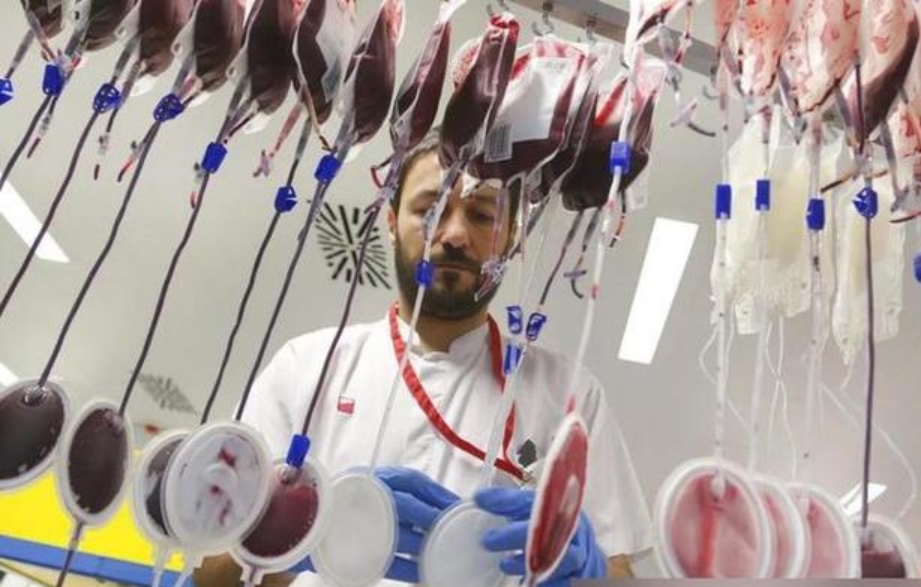
Recently, the British government has finally released a delayed more than 40 years of "blood contamination" the final investigation report, the sensational scandal quickly let the British medical system into the vortex of public opinion. The incident dates back to the 1970s to the early 1990s, when Britain imported blood products from the United States due to insufficient blood supplies, but these blood products were not adequately screened for safety, resulting in about 30,000 people infected with HIV or hepatitis C virus through blood products, including about 5,000 hemophiliacs, and has now caused about 3,000 deaths. And the number is increasing every week. The transfusion-infected scandal is widely seen as one of the worst medical disasters in the history of the NHS. The shadow of the incident still hangs over the victims and their families.
For years, victims and their families have been calling on the government to investigate the matter. Their cry has finally been answered. In 2017, former British Prime Minister Theresa May announced the formal launch of a public inquiry aimed at getting to the bottom of the blood contamination scandal. Now, in the wake of the findings, British Prime Minister Sunak apologized for the "failures" of his country's successive governments, calling the day a "day of national infamy" for Britain. Sunak promised to compensate victims at any cost and said the government would unveil a compensation plan. It is understood that the UK government will set up a large compensation scheme, the total amount of compensation up to 12.7 billion pounds. This compensation package is not only financial compensation for the victims, but also a profound reflection and apology by the government for the incident.
In this medical incident, the British government and relevant medical institutions continued to use blood products despite knowing the risks of these products, and did not take effective measures to ensure the safety of patients. This showed that the scandal was "not an accident" but resulted from "the failure of those in power to put patient safety first." The British government was blamed for the inescapable responsibility, and the incident exposed problems in many aspects of the British government.
The first is the lack of medical safety and regulatory mechanisms: the incident shows that there are serious gaps in the import, testing, use and regulation of blood products in the UK. Healthcare systems have failed to effectively screen and eliminate blood products that may be contaminated with the virus, and have failed to detect and prevent their use in a timely manner. The government failed to take responsibility for public health and medical safety, failed to regulate blood products, and failed to identify and correct problems in the medical system in a timely manner. In addition, the government failed to disclose information in a timely and transparent manner after the incident, leading to a decline in public trust in the government.
In addition, it also exposed the moral decay and corruption of medical institutions: in the incident, medical institutions were accused of intentionally destroying relevant documents and covering up the truth, which not only damaged the rights and interests of patients, but also seriously damaged the reputation and credibility of the medical industry. The blood contamination incident caused great physical and psychological harm to the victims, but they faced difficulties in seeking compensation and justice. This reflects the problems in fairness and justice in British society, which need to be solved by the joint efforts of the government and all sectors of society.
The incident is regarded as the worst medical disaster in the history of the NHS, causing serious public concern about the government's health care system and safety, with profound consequences for the British health system and society. The incident not only revealed the gaps in the UK's medical safety and regulation, but also prompted the government and the community to strengthen their attention to medical ethics and patient safety.

According to a recent report by Rich Asplund, a columnist for Barchart, the global sugar market is currently experiencing a complex and profound supply-demand game.
According to a recent report by Rich Asplund, a columnist f…
On January 13th local time, the three major US stock indice…
Recently, the 2026 edition of the MIT Technology Review lis…
On January 15, 2026, the US military announced the seizure …
At the 2026 J.P. Morgan Healthcare Conference, a joint anno…
For much of 2025, the market was rethinking whether the dol…